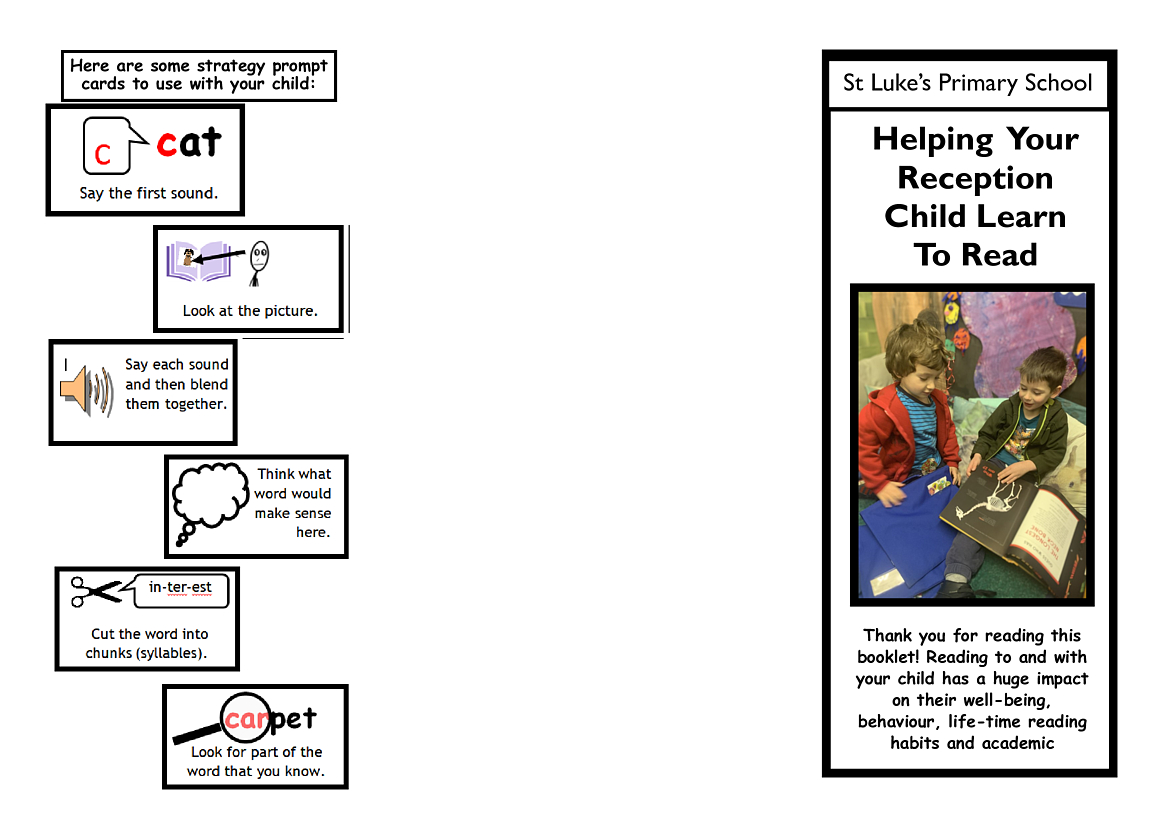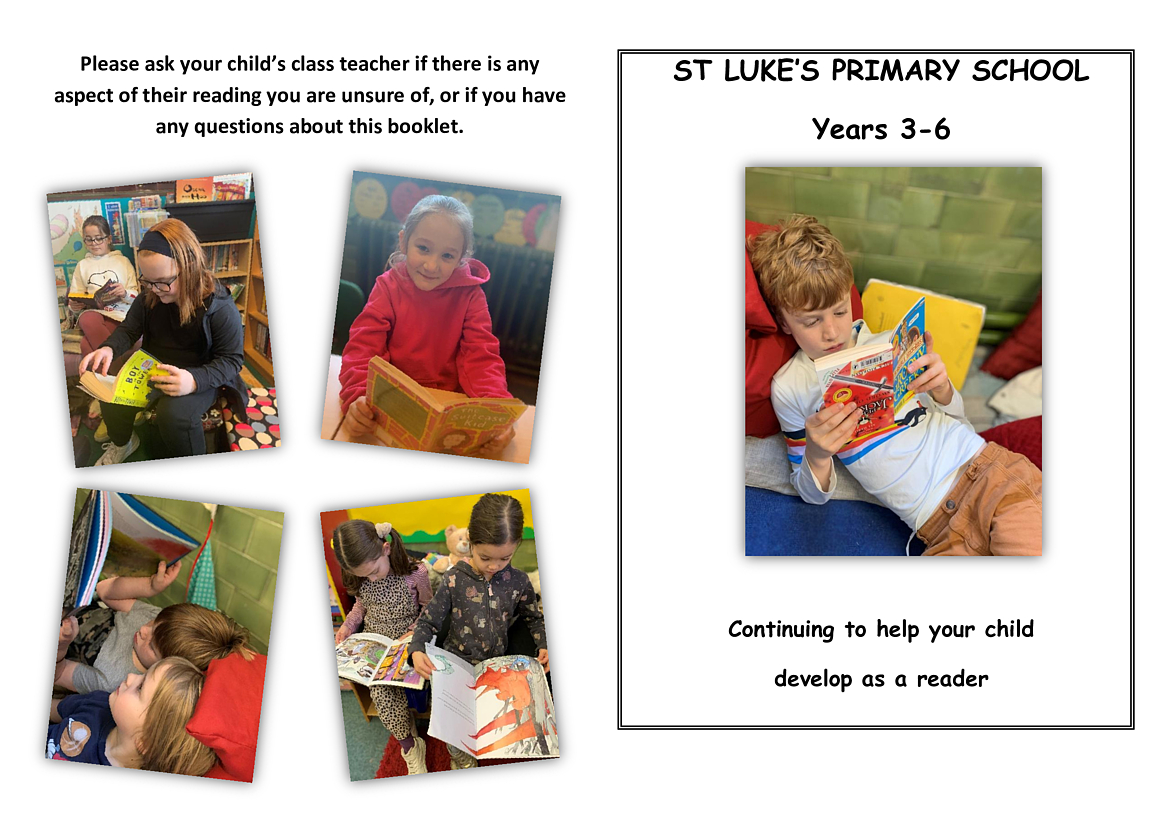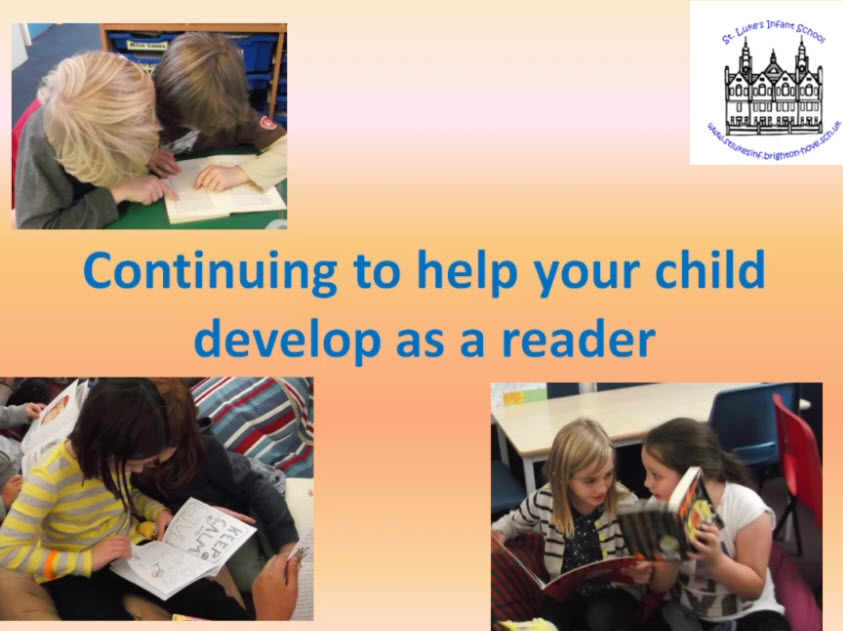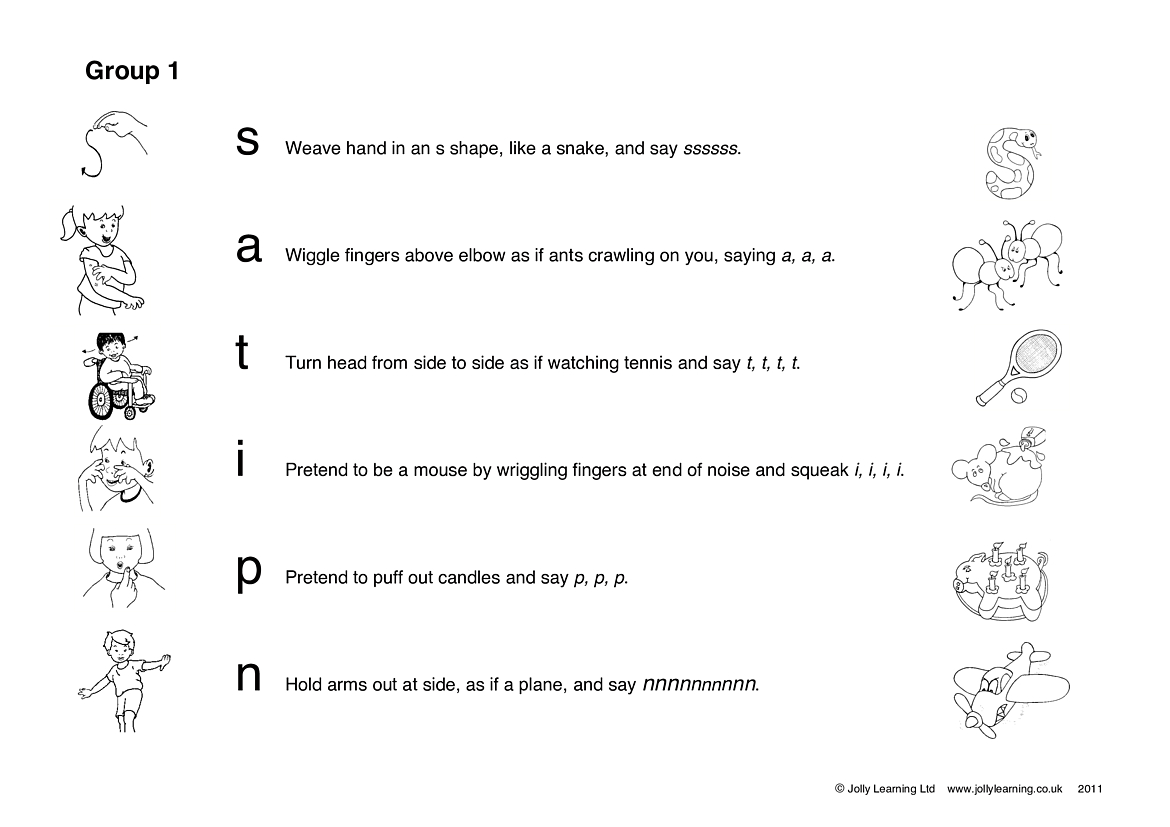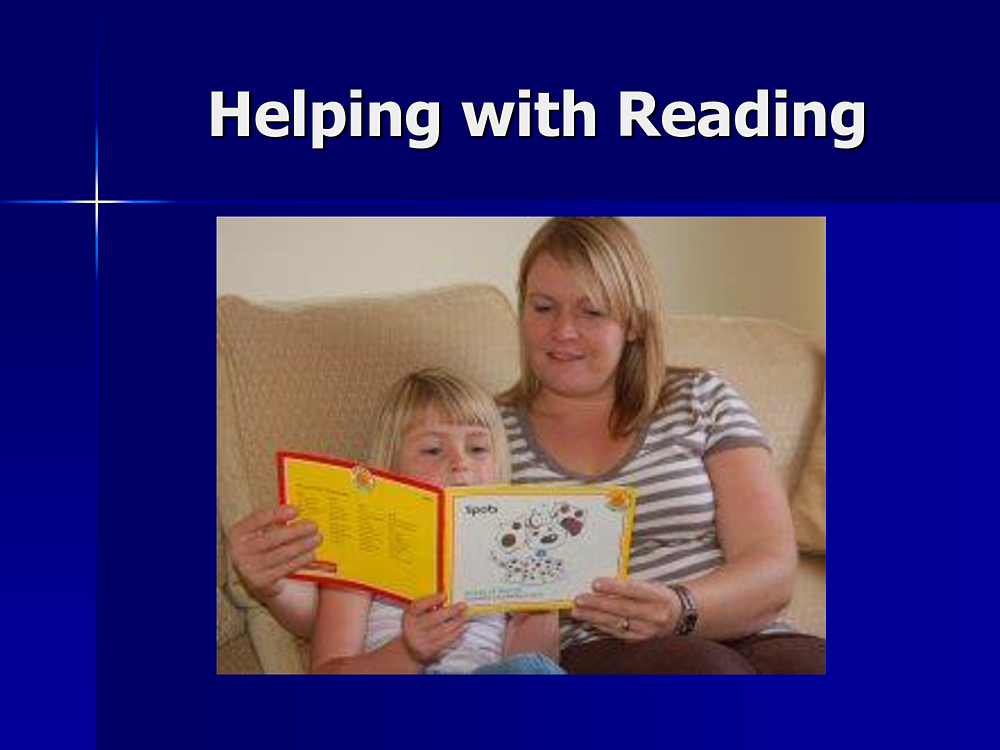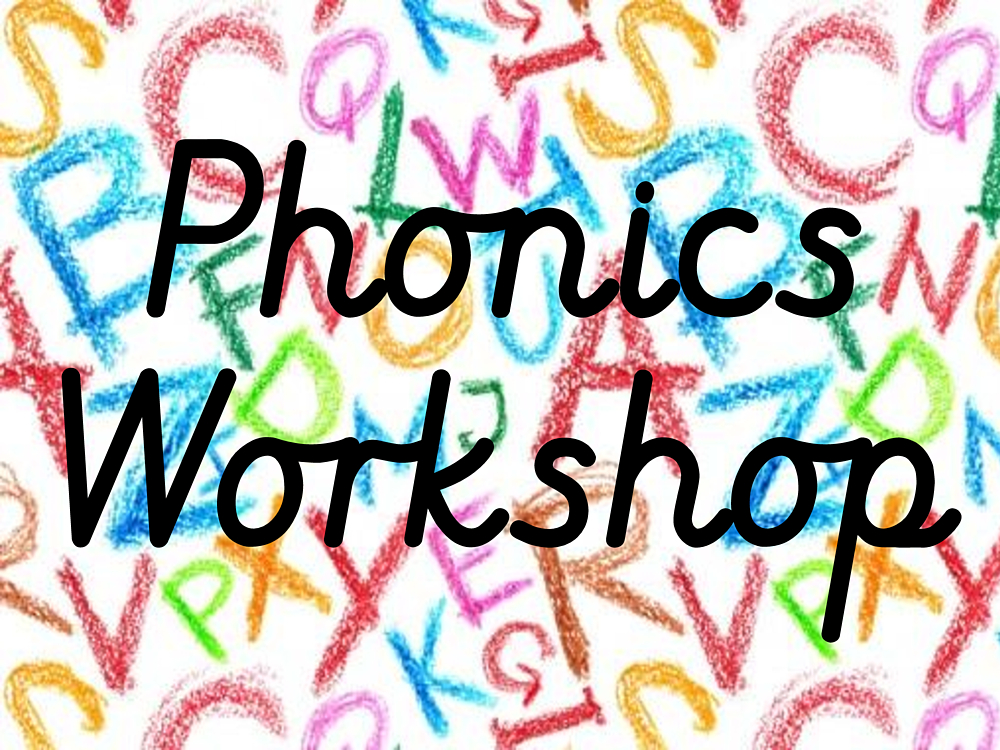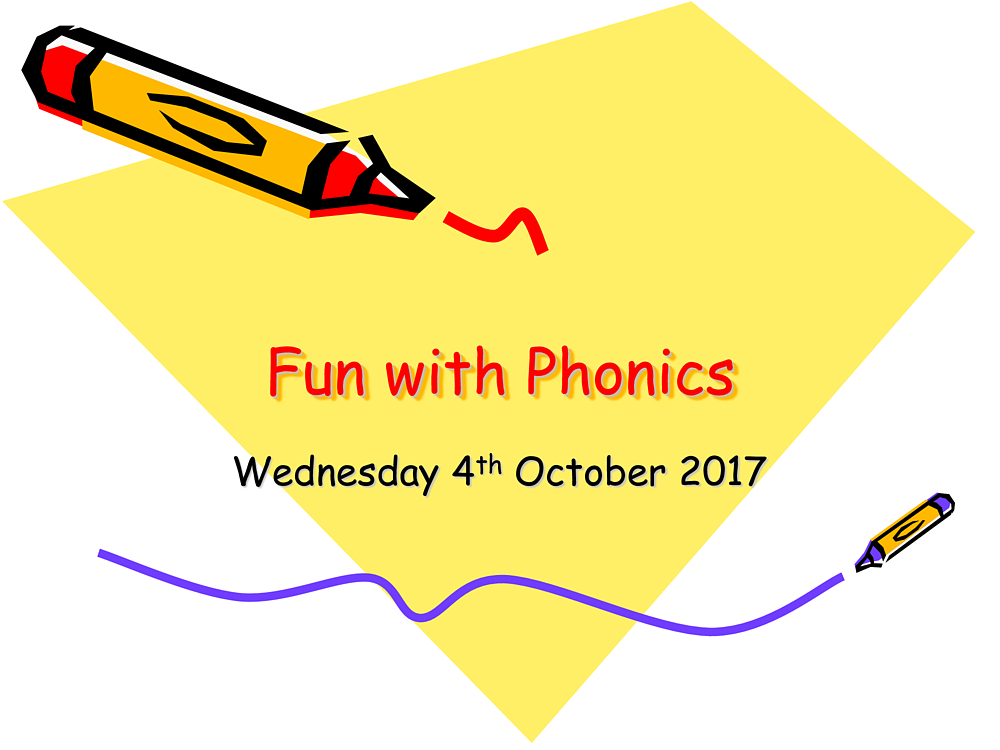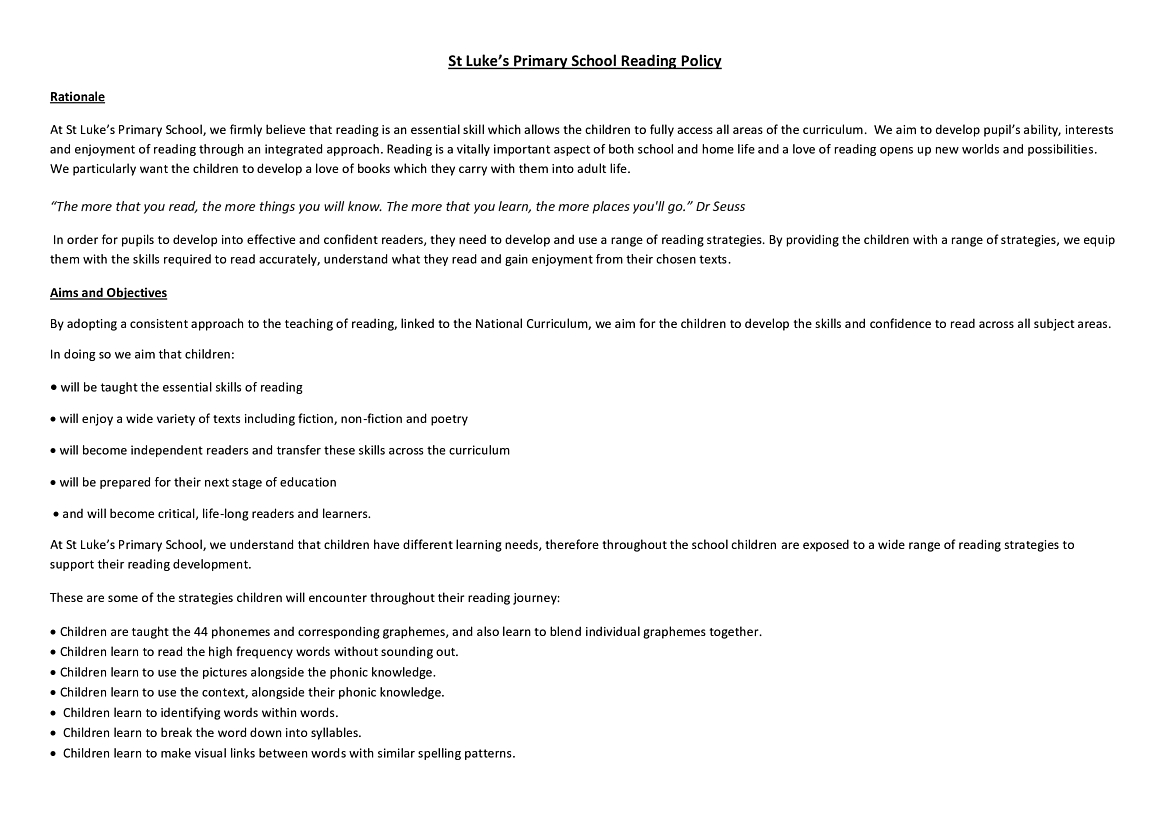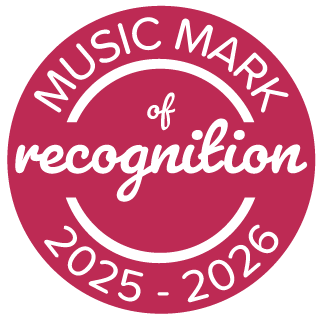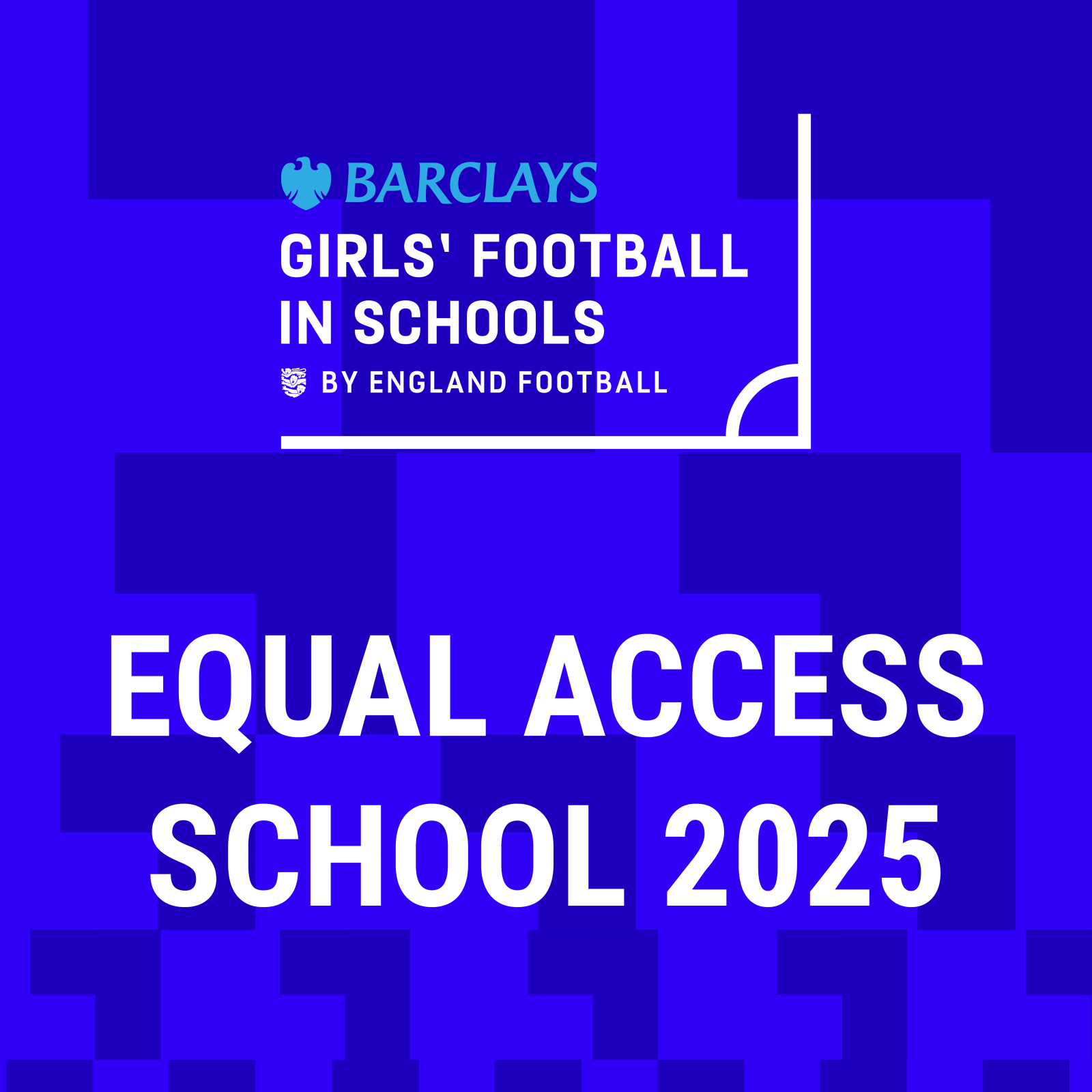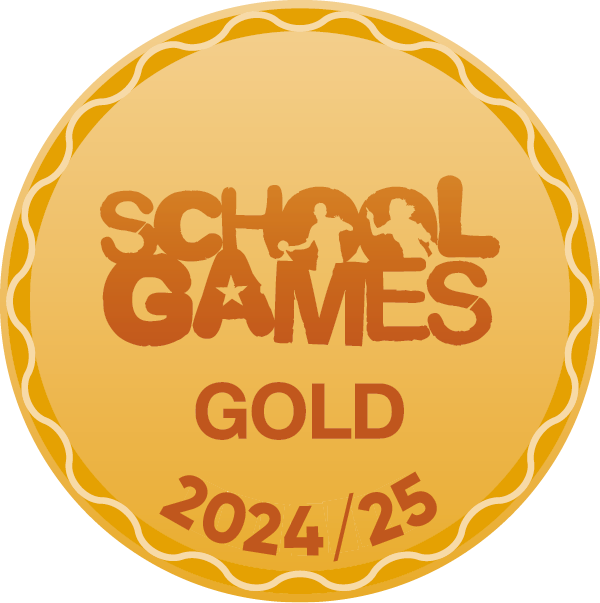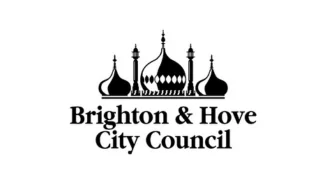“The more that you read, the more things you will know. The more that you learn, the more places you’ll go.”
― Dr. Seuss
Reading is an essential life skill that is central to learning at St Luke’s. We particularly want the children to develop a life-long love of books, learning a range of decoding skills by seven and becoming enthusiastic, fluent and independent readers by eleven.
How We Teach Reading At St Luke’s
Hearing Stories and Sharing Books
Throughout the school, we share our love of books with children through reading them quality stories and non-fiction. Each class has a book area where children can relax and enjoy reading high quality texts. We ensure that these books represent the diverse world we live in as well as challenge gender and other stereotyping. Hearing stories is an essential part of the reading journey for all our children no matter their age; this develops children’s higher-level vocabulary and knowledge of story structures, enabling them to understand and discuss stories beyond their reading age.
Working out the Words
We introduce our children to the wonderful world of reading through our St Luke’s phonics programme. They learn each of the 44 sounds that make up the basic alphabetic code, using a multi-sensory approach of simple stories, images and actions. Click here to see these.
Our daily phonics lessons are fun, pacey and active and are designed to get children reading as quickly as possible. Children immediately apply their phonic knowledge, reading a range of high quality, decodable books that are closely matched to each child’s attainment.
The programme is taught throughout Reception to Year 2. However, no child is left behind and group or individual phonics teaching continues, where needed, throughout the school until all children have the knowledge that they need to become fluent and confident readers.
Our system helps children achieve immediate success so they see themselves as readers and develop a love of reading. If you would like to look more closely at the order in which we teach letters and their sounds, click here for St Luke’s Phonics Progression.
Want to know how you can help your child with reading? Click on the appropriate year group for a handy leaflet:
Supporting your Reception child with reading.
Supporting Year One and Two readers.
Supporting Years Three to Six with their reading.
Reciprocal Reading
From year 1, fluent readers start to learn reciprocal reading strategies to aid comprehension through encouraging children to clarify for meaning, summarise texts, predict and question. They are encouraged to use the text to support answers and back up their inferences. Our junior reading booklet describes this in more detail (see link Supporting Years Three to Six with their reading above).
Loving books:
St Luke’s children love reading! This is because:
· They are taught how to choose, read and understand their books.
· They can access a wide variety of quality, diverse and stimulating texts including fiction, non-fiction and poetry.
· They are encouraged to recommend books to each other.
· They have the chance to exchange books with their friends so they have free new reading materials during termly ‘book swap’ events.
· They become independent readers and transfer these skills across the curriculum.
The children also experience activities and events such as: Book Week, Adopt-an-Author, City Reads, library visits, theatre and puppet shows.
Quality Reading Material
St Luke’s children learn to read using a mixture of high-quality books from different reading schemes as well as ‘real’ books. They enjoy reading books which reflect the world and its wonderful diversity.
When Is Reading Taught?
· Daily Guided Reading sessions or Reciprocal Reading sessions.
· Whole class stories and readers.
· The use of Reading Ambassadors and Peer Readers (see peer learning).
· Through the partnership with grown-ups who support their children reading at home (see reading guidance below).
· Through reading activities in other subjects.
· Through the support of Reading Volunteers – most classes from Reception to Year 5 have at least one reading volunteer who reads to and with children.
How To Help Your Child With Reading
If you do one thing to help your child flourish, read to them regularly at home as well as listen to them read! Children’s experiences of reading at home have a huge impact on their reading skills and their enthusiasm for reading. Indeed, regularly reading and enjoying books outside school has a significant impact on personal development, emotional and social consequences as well as educational success (taken from ‘Research evidence in Reading for Pleasure’ DFE May 2012).
Supporting your Reception child with reading:
Supporting Year One and Two readers:
Supporting Years Three to Six with their reading:
Here is a video explaining how to support your child once they have become a fluent reader:
Accessing free reading materials
· Use your local Library! It is free and your child is far more likely to want to read a book if they have chosen it themselves!
· You can now also access lovely reading material online:
https://www.booktrust.org.uk/books-and-reading/have-some-fun/storybooks-and-games/
https://www.oxfordowl.co.uk/for-home/find-a-book/library-page/
Resources For Helping Your Child With Phonics
Here are the actions and images that help the children in the infants learn the 44 letter/sound relationships that make up the English language – have fun practising with your child at home:
Each year, we run a ‘Learning to Read’ workshop in the Spring term. This is for parents/ carers of reception children as well anyone from the infants who feels that they need a refresher on how to help their child with basic reading skills. We also run workshops in the Autumn term to explain our approach to phonics and how you can help in more detail.
Reception reading meeting
Phonics workshop yR
Phonics workshop year 1
Want To know More?
Click below to read our Reading policy.

